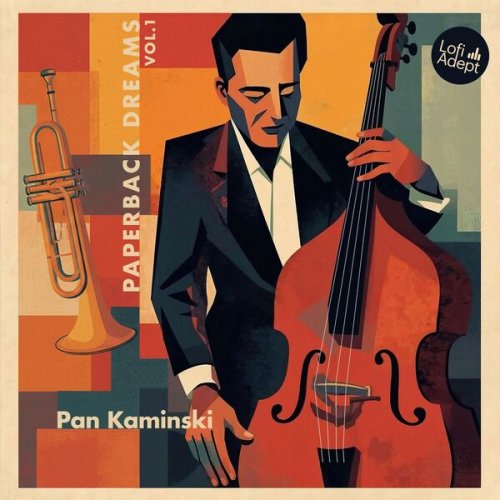The Dave Brubeck Quartet With Paul Desmond - N.Y.C., Carnegie Hall, February 22, 1963 (1990)
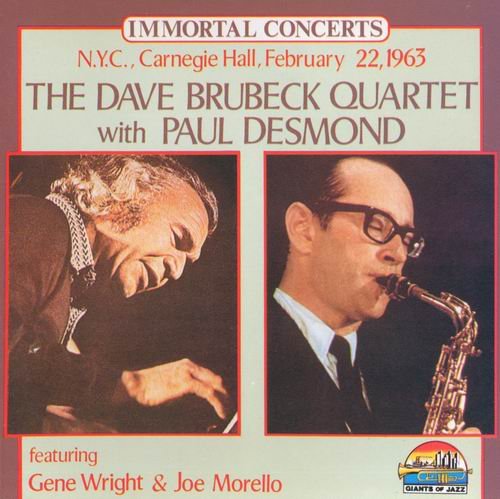
Artist: The Dave Brubeck Quartet With Paul Desmond
Title: N.Y.C., Carnegie Hall, February 22, 1963
Year Of Release: 1990
Label: Giants Of Jazz [CD 53031]
Genre: Jazz, Cool Jazz
Quality: FLAC (image + .cue,log,scans) | MP3/320 kbps
Total Time: 70:37
Total Size: 426 MB(+3%) | 168 MB(+3%)
WebSite: Album Preview
TracklistTitle: N.Y.C., Carnegie Hall, February 22, 1963
Year Of Release: 1990
Label: Giants Of Jazz [CD 53031]
Genre: Jazz, Cool Jazz
Quality: FLAC (image + .cue,log,scans) | MP3/320 kbps
Total Time: 70:37
Total Size: 426 MB(+3%) | 168 MB(+3%)
WebSite: Album Preview
01. St. Louis Blues (11:12)
02. Bossa Nova U.S.A. (7:24)
03. For All We Know (9:40)
04. Pennies From Heaven (10:11)
05. Southern Scene (7:09)
06. Three To Get Ready (6:17)
07. Blue Rondo A La Turk (12:28)
08. Take Five (6:47)
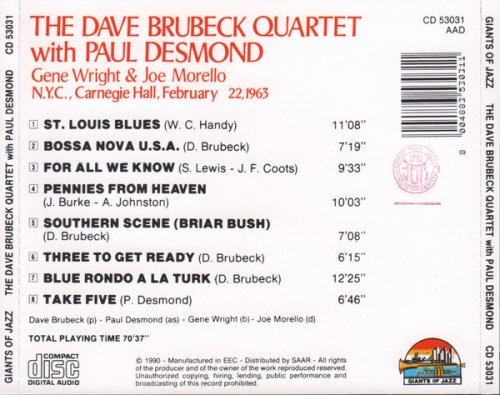
Without a doubt, the concert presented on N.Y.C., Carnegie Hall, February 22, 1963 (1963) is one of the most significant live releases -- not only by Dave Brubeck, but quite possibly from the entire post-bop jazz era. Although the album's moniker indicates February 22 is the show date. Over an hour of highlights can be found on this collection. The band exceeded all reasonable expectations on these eight selections, and the proof is directly evident as the quartet -- which also includes the respective talents of Paul Desmond and Eugene Wright -- instantly pounce on a rhythmically sinuous reading of W.C. Handy's "St. Louis Blues." The solos commence with Desmond's swinging give and take with Brubeck and Wright, all of whom are beyond simply inspired as they push their inventive interaction to a new strata. Along the way, the song is restructured as time signatures are bandied about at a healthy clip. The quartet is just getting warmed up as "Bossa Nova U.S.A." propels them into extending the comparatively succinct studio arrangement, creating a centerpiece that spotlights their uncanny facility to maneuver themselves around the rather involved and multifaceted soundscape. There is not a remotely substandard outing to be found, although special mention of the closers "Blue Rondo à la Turk" and "Take Five" are practically compulsory, as these are the tunes even the most cursory Brubeck enthusiast will be familiar with. Granted, the Time Out (1959) versions loom large as major crossovers from the genre of jazz into mainstream pop. That said, by taking the tunes beyond the confines of the studio, the enormous breadth and scope inherent in the original compositions are truly revealed. While certainly no substitute for the Dave Brubeck Quartet at Carnegie Hall, there are more than a few incandescent examples of the aggregates' unparalleled improvisations.~Lindsay Planer

![Sinedades - De par en par (2026) [Hi-Res] Sinedades - De par en par (2026) [Hi-Res]](https://img.israbox.com/img/2026-02/23/k9xyrl2p7m3kmcwozolhfnu7a.jpg)
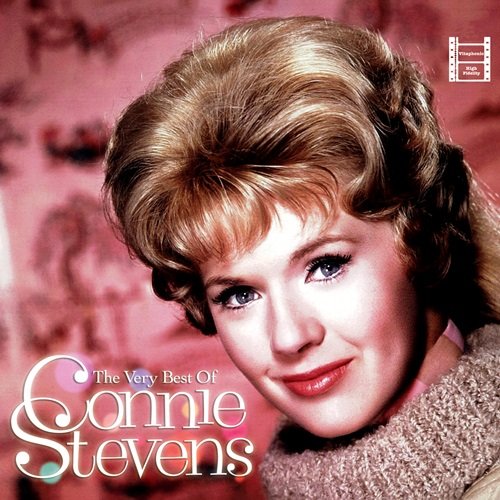
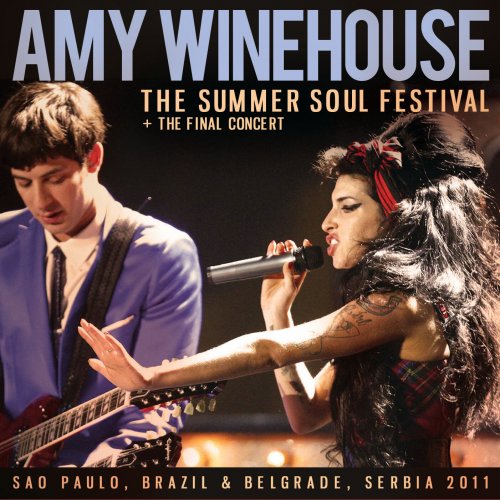
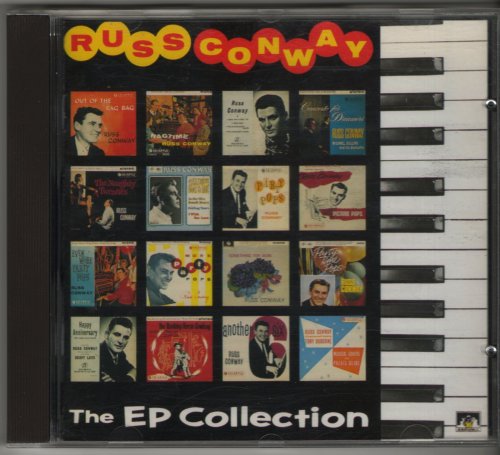
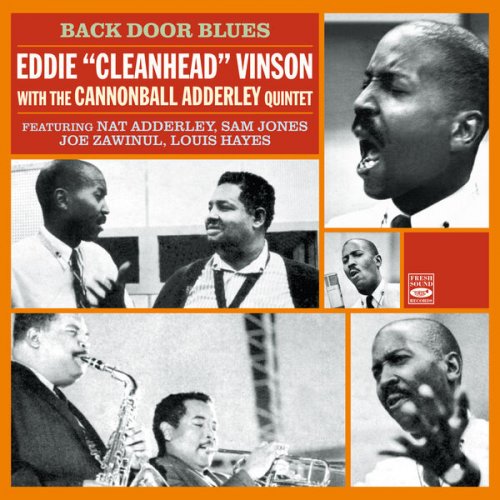
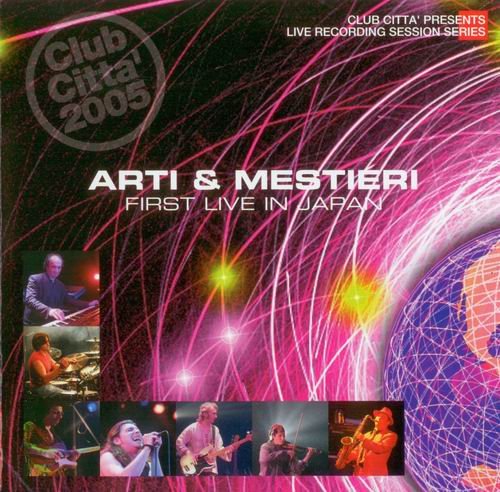
![Cheo Feliciano - Mi Tierra y Yo (Remastered 2026) (2026) [Hi-Res] Cheo Feliciano - Mi Tierra y Yo (Remastered 2026) (2026) [Hi-Res]](https://img.israbox.com/img/2026-02/26/3utwbyq7th3hn4a5zsf7qsky1.jpg)

